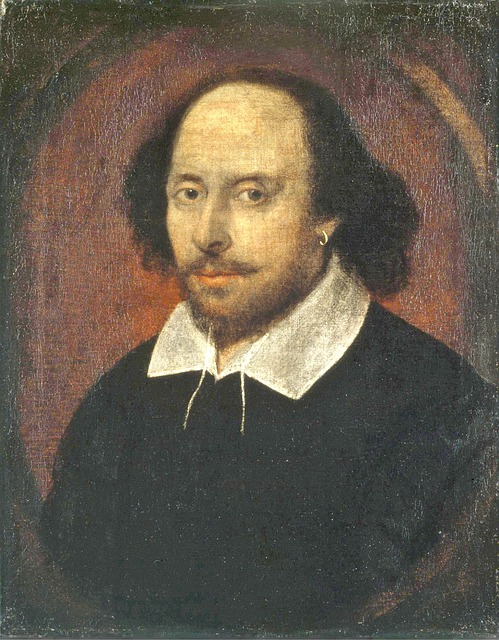Difference between revisions of "War, Plague & Fire"
From Londonhua WIKI
Ekmceachern (talk | contribs) |
Ekmceachern (talk | contribs) |
||
| Line 14: | Line 14: | ||
}} | }} | ||
=Overview= | =Overview= | ||
| − | + | This exhibit focuses on the time period between 1550-1660, which is described as one of the most "turbulent" periods of the city's history. The exhibit shows how London had started to become divided, where some people were more concerned with art and Shakespeare's plays and others were evangelical Puritans who wanted to get rid of Shakespeare's theaters all together. The history of the Civil War in London is on display in this gallery and the plague that occurred in 1655, which killed more than 7000 people per week, can also be found here in this gallery. The section of the exhibit that is dedicated to the Great Fire of London is currently under renovation, but there is an interesting short video about the fire. | |
| − | |||
| − | |||
<br> | <br> | ||
Revision as of 10:00, 16 May 2017
 Entrance to Exhibit | |
| Artist | Attributed to Emily McEachern |
|---|---|
| Year | 2017 |
| Dimensions | 55.2 cm × 43.8 cm ( 21 3⁄4 in × 17 1⁄4 in) |
| Location | Museum of London, London |
Overview
This exhibit focuses on the time period between 1550-1660, which is described as one of the most "turbulent" periods of the city's history. The exhibit shows how London had started to become divided, where some people were more concerned with art and Shakespeare's plays and others were evangelical Puritans who wanted to get rid of Shakespeare's theaters all together. The history of the Civil War in London is on display in this gallery and the plague that occurred in 1655, which killed more than 7000 people per week, can also be found here in this gallery. The section of the exhibit that is dedicated to the Great Fire of London is currently under renovation, but there is an interesting short video about the fire.
Background or Origin of Article
Begin writing the background information of this article, or use this format to begin a new article with some other relevant section filled with important information.
Use Subsections Headings
Organize each section of this article so that it has a logical flow. If you intend to discuss one aspect of the origin of a person, place, thing, or idea, identify the appropriate existing section of the article, or create that section if it doesn't exist. Then, make a clear subheading. If you notice that some other information is not organized clearly, rearrange the information, but do so cautiously and responsibly! The goal here is clarity for the reader.
Add links to other articles, but do not link to personal student profile pages or milestone pages. Add media as needed in the appropriate sections.
References
If appropriate, add a references section
